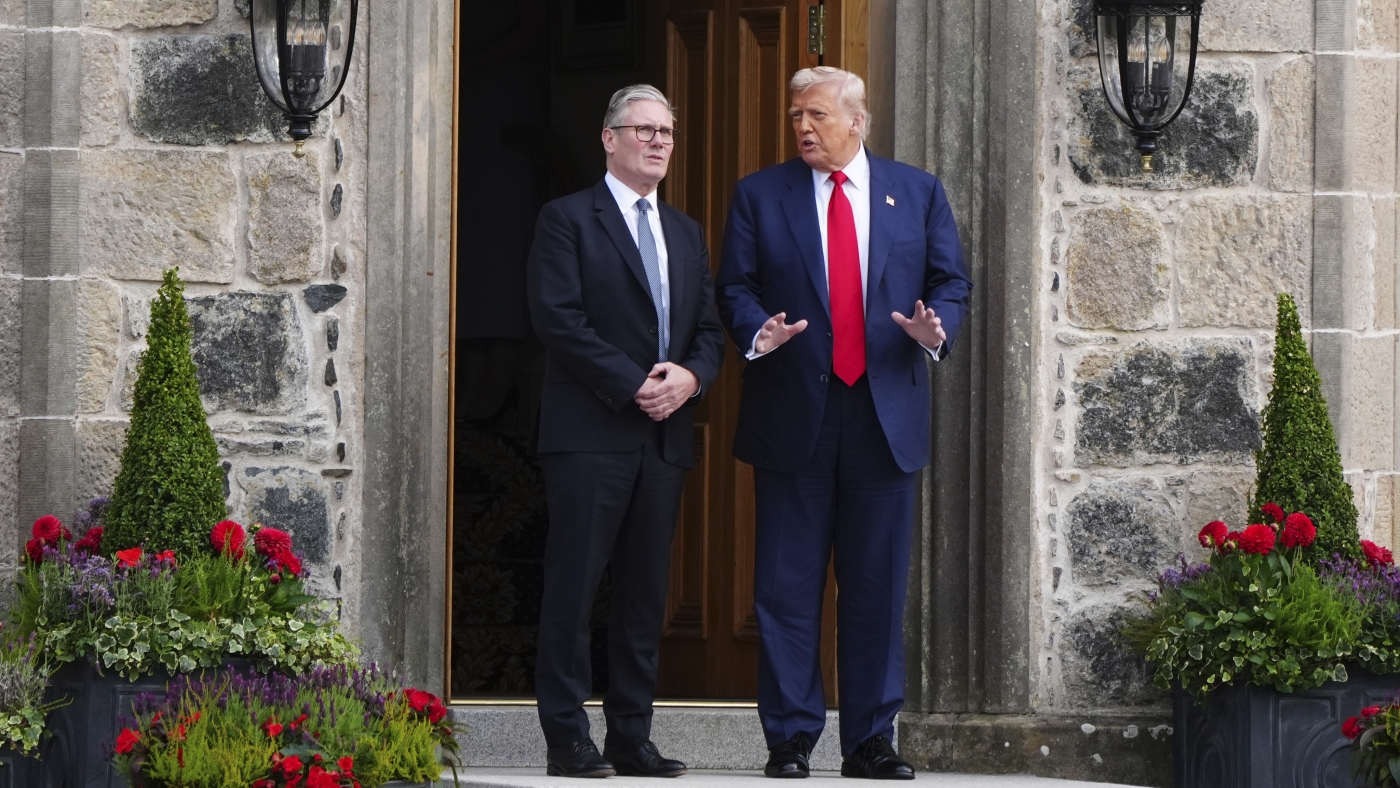Bill Gates’ 1999 predictions about the future of autonomous technology and e‑commerce have turned out to be eerily accurate.
In his book Business @ the Speed of Thought, he forecast 15 major tech trends that now define modern life.
From smartphones to social media and online home monitoring, Gates sketched out a digital world long before its arrival.
Remarkably, as of today, every one of those 1999 predictions has come true.
VISIT SBX CARS – View live supercar auctions powered by Supercar Blondie
Bill Gates could see into the future
One of the most impressive predictions the billionaire made was about mobile devices.
Gates imagined a world where people would carry small, internet-connected gadgets that could be used to check news, communicate, and manage everyday tasks.
This was eight years before the release of the original iPhone, which became so iconic that an unopened model fetched over $190,000 at an auction.
Today’s smartphones, loaded with apps, voice assistants, and 24/7 connectivity, are exactly what Gates described.
The billionaire foresaw that these tools would become ‘essential for everyday life,’ which is something most people would agree with.
He also predicted the rise of automated price comparison services.
In 1999, online shopping was still in its early stages.
Amazon mostly sold books, and Jeff Bezos wasn’t quite wealthy enough to get married on his own $500 million superyacht yet.
Gates believed websites would emerge that could compare prices across different retailers in real time.
Fast forward to today, and platforms like Google Shopping, PriceGrabber, and ShopSavvy are built entirely around that idea, helping consumers find the best deals instantly.
Another striking tech forecast was the rise of social media for professionals.
Gates described ‘websites where you can make job-related connections, look for work, or find employees’.
This was years before LinkedIn launched in 2003.

Today, with over 1 billion users worldwide according to LinkedIn’s official stats, the platform has become an essential networking and recruiting tool.
Predicting remote work before Covid-19
Gates also anticipated remote work and real-time collaboration, envisioning business tools that would allow people to work together from anywhere.
He mentioned live document sharing, digital calendars, and video conferencing, long before Zoom, Microsoft Teams, or Google Docs existed.
However, it’s unclear whether the idea of a surgeon removing cancer 7,000 miles away using a remote-controlled robot would be within his expectations or not.
In any case, the COVID-19 pandemic merely accelerated what Gates had forecast decades earlier.
Lastly, he foresaw personalized news feeds and smart advertising, predicting that platforms would learn about users and serve them targeted content.
That idea now underpins the business models of Google, Facebook, and countless media apps.

Looking back, it’s quite clear that Bill Gates didn’t just make a bunch of random guesses; he definitely understood the fundamental forces shaping the future.
It’s not surprising that with this insight, he became one of the richest individuals in the world.
As many media outlets have noted, his 1999 predictions feel more like milestones that guided the internet age forward.
DISCOVER SBX CARS:
The global premium car auction platform powered by Supercar Blondie


